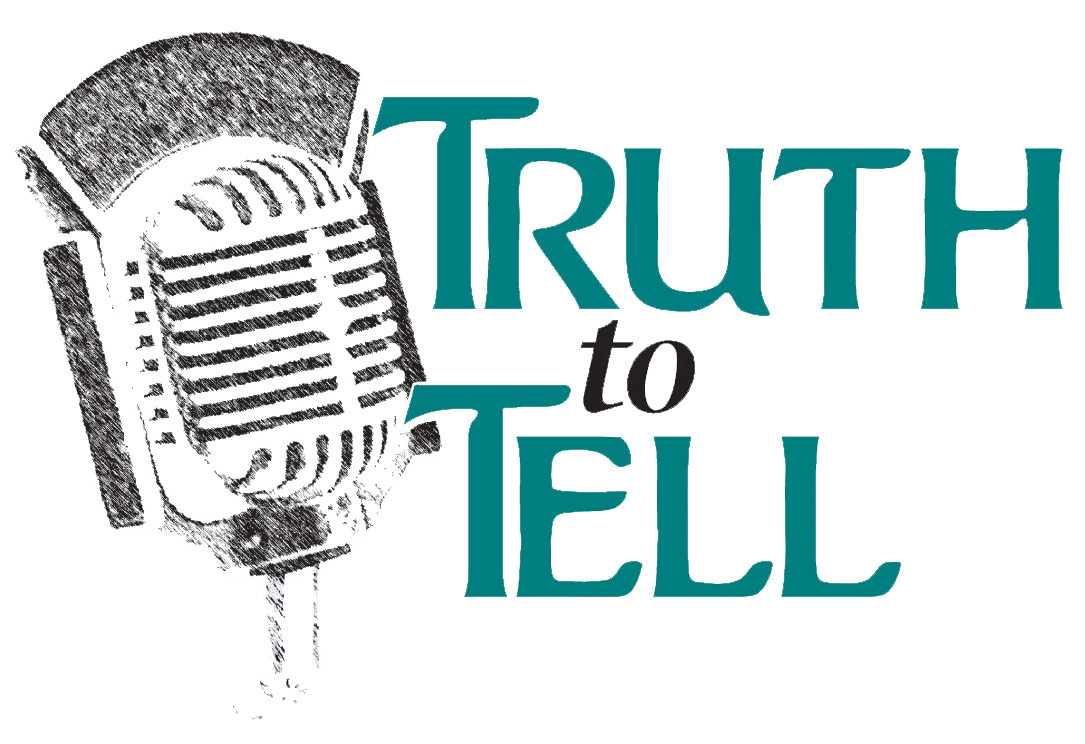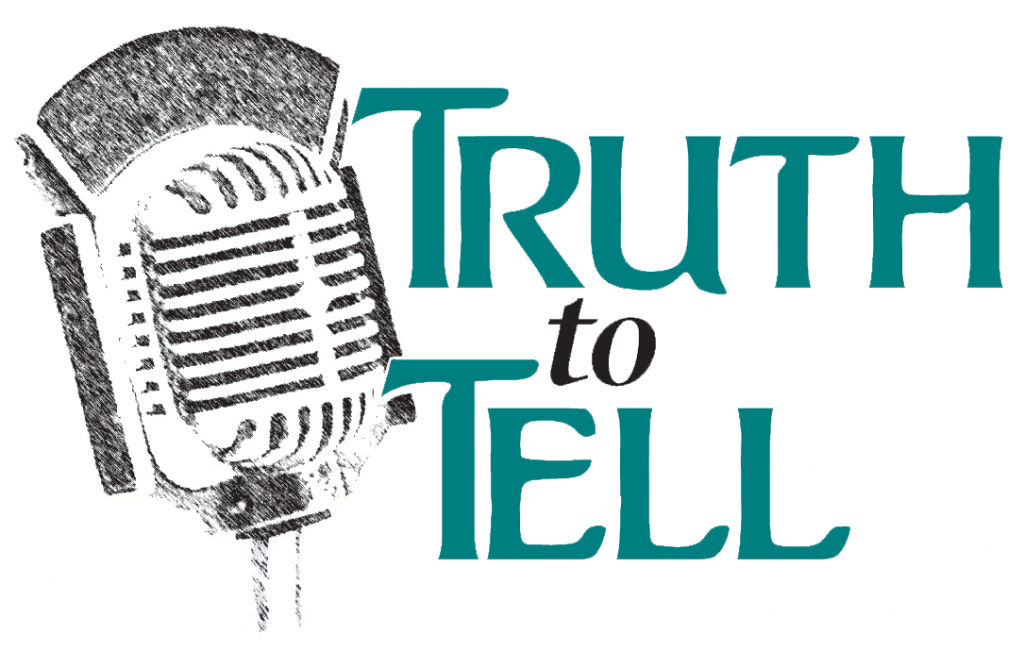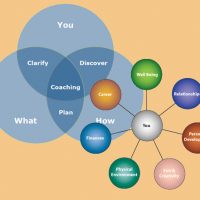ttt1318-may_6-lifecoaching
HELP US BRING YOU THESE IMPORTANT DISCUSSIONS OF COMMUNITY INTEREST – PLEASE DONATE HERE!
~~~~~~~~~~~~~~~~~~~~~~~~~
Most of us can be forgiven if we come away from the word, “coaching” with some confusion or, at the very least, some predefined meaning of the term. Such is the what might be termed the laziness of the English language in that a single word can have so many applications that understanding any one or more of them often requires research and study.
Not a one of us misunderstands the term as it applies to sports. Coaching a sport is a revered position in any of those physical pursuits and very direct in terms of its hierarchical authority.
This hierarchy seems to disappear into a more nebulous realm – and controversy – when linked to the profession of so-called life coaching. Guidance seems a better word to describe this application of the term.
Here’s how the term appears in Wikipedia:
“Life coaching is a practice that helps people identify and achieve personal goals. Life coaches assist clients by using a variety of tools and techniques. Life coaching draws inspiration from disciplines such as sociology, psychology, positive adult development and career counseling. Specialty life coaches may have degrees in psychological counseling, hypnosis, dream analysis, marketing and other areas relevant to providing guidance. However, they are not necessarily therapists or consultants; psychological intervention and business analysis may be outside the scope of some coaches’ work.”
The idea is relatively new, originating, it appears, in fact, in the sports arena in the late 1970’s/early 80s. That may be one of the reasons some distrust its purpose and motivation, not to mention its possible impingement on other counseling professions, including psychotherapy. Some states have risen to the challenge that this life coaching is a generally unregulated industry of mind-workers presents and have attempted to address its overall position in the mental health field as a behavioral practice even as other of the behavioral health professions – psychiatry, psychology, psychotherapy and other counseling pursuits – are regulated to a fare-thee-well. Certificates credentialing life coaches are supplied those who see this as a both a needed and possibly lucrative addition to the behavioral field. The degree to which those certificates are recognized as qualifying documents for what is essentially a counseling practice may depend entirely on the schools and jurisdictions involved.
Coaching itself is a Topsy-like pursuit. A sample of the specialty areas where varying techniques apply include: attention-deficit hyperactivity disorder (ADHD); business coaching, especially as a human resource development tool; the self-explanatory executive coaching arena; career, financial, personal, conflict and health coaching. Mentioned in the list are the interesting specialties, victimization and dating – even “Christian” – coaching.
All of this to say that this rapidly burgeoning and increasingly popular field is touching huge numbers of people, companies, and specific constituencies. What do the practitioners have to say about all this? We’ll ask them.
TTT’s ANDY DRISCOLL and MICHELLE ALIMORADI talk with three of the many coaches who have zeroed in on what seems like a growing demand for a more collaborative form of self-realization and improvement without a prescription, per se.
 DAVE WONDRA, PCC – ICF Professional Certified Coach; Founder, WondraGroup
DAVE WONDRA, PCC – ICF Professional Certified Coach; Founder, WondraGroup
 ELIZABETH DICKINSON, B.Ed., M.A, CLC, MACP – Adler-certified coach
ELIZABETH DICKINSON, B.Ed., M.A, CLC, MACP – Adler-certified coach
PAULA HEMMING was taken ill and could not be with us.



